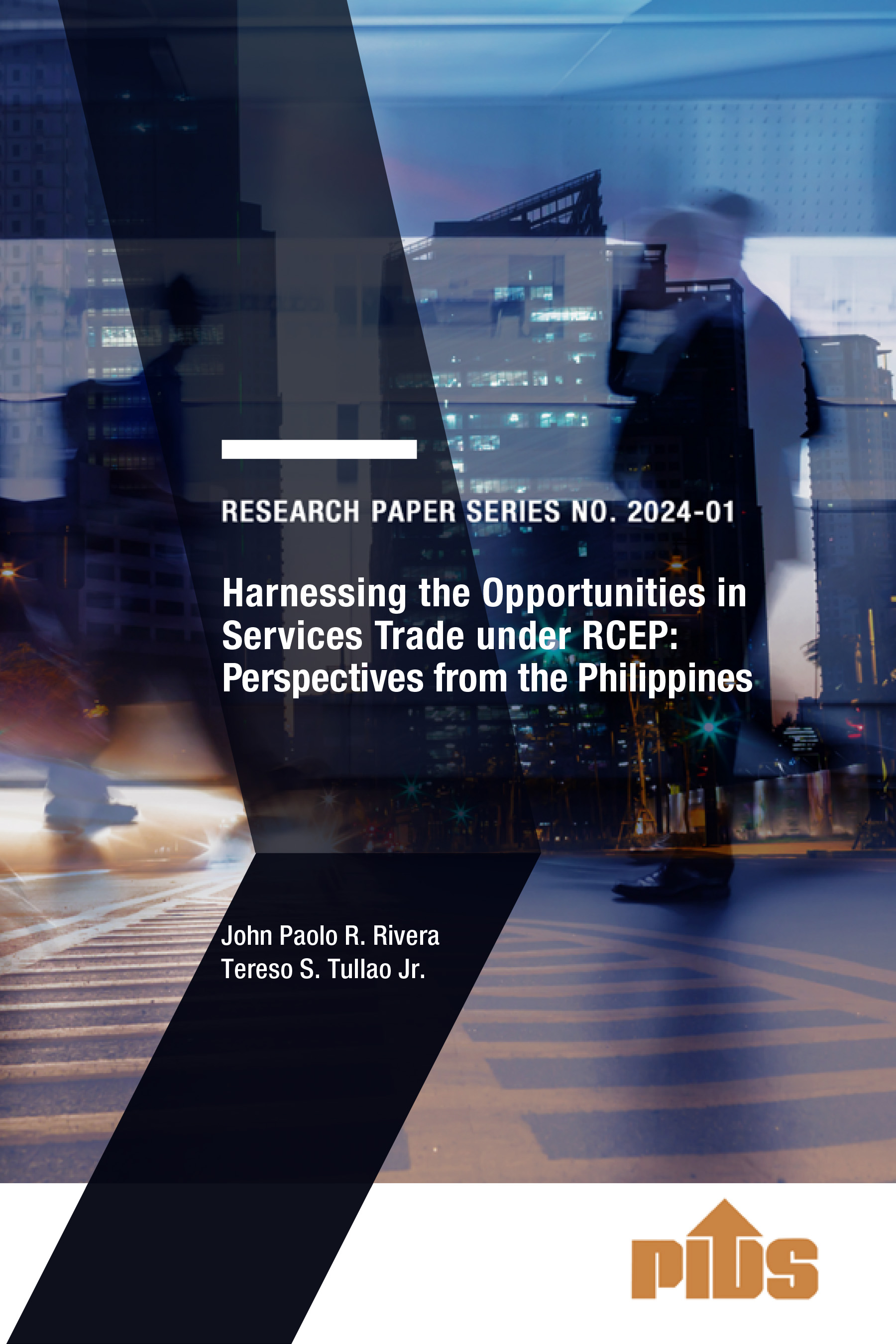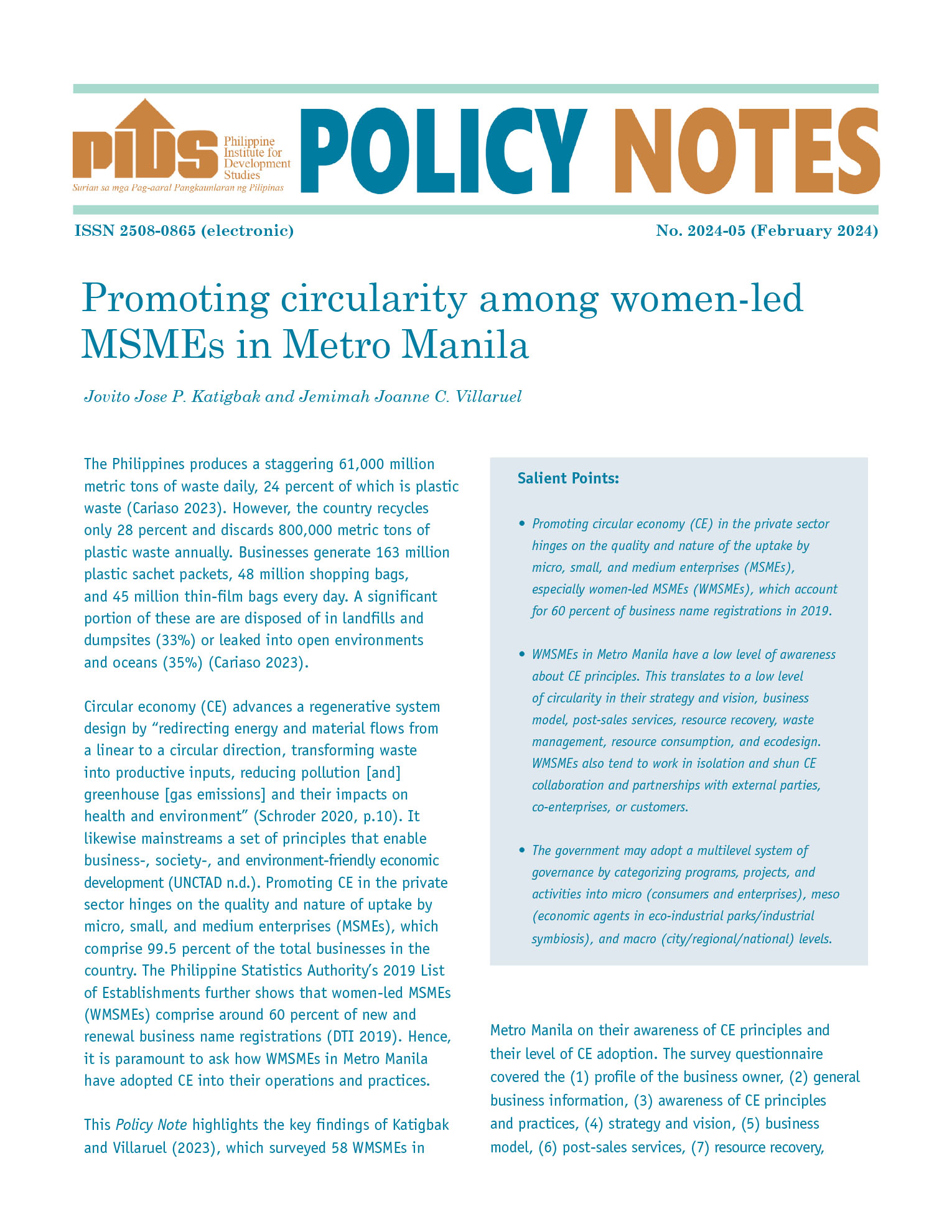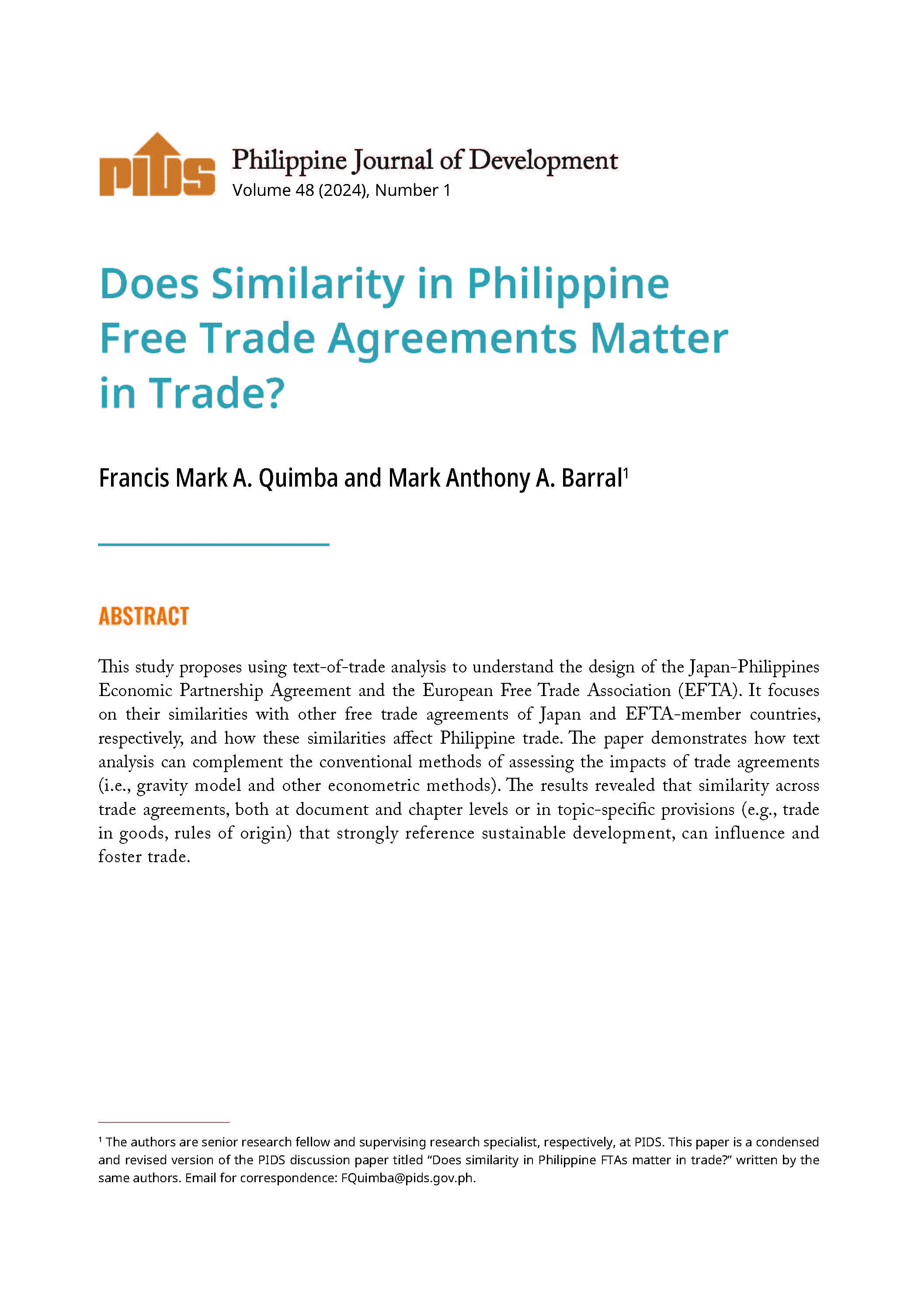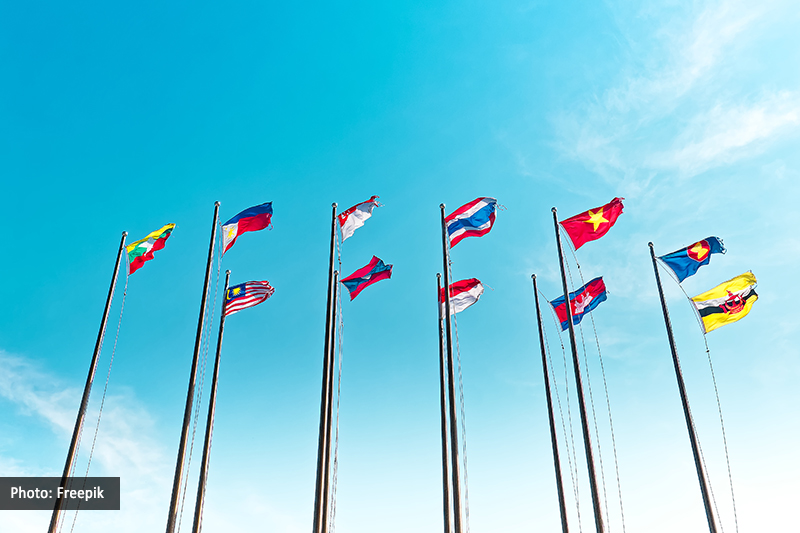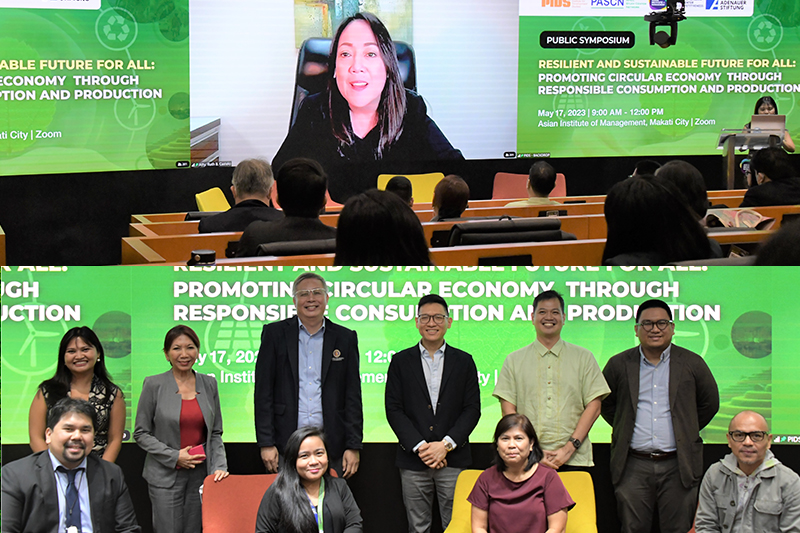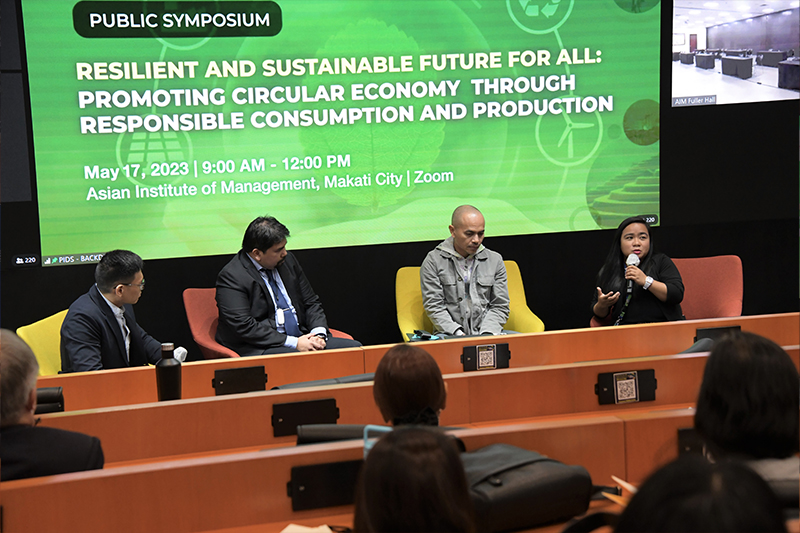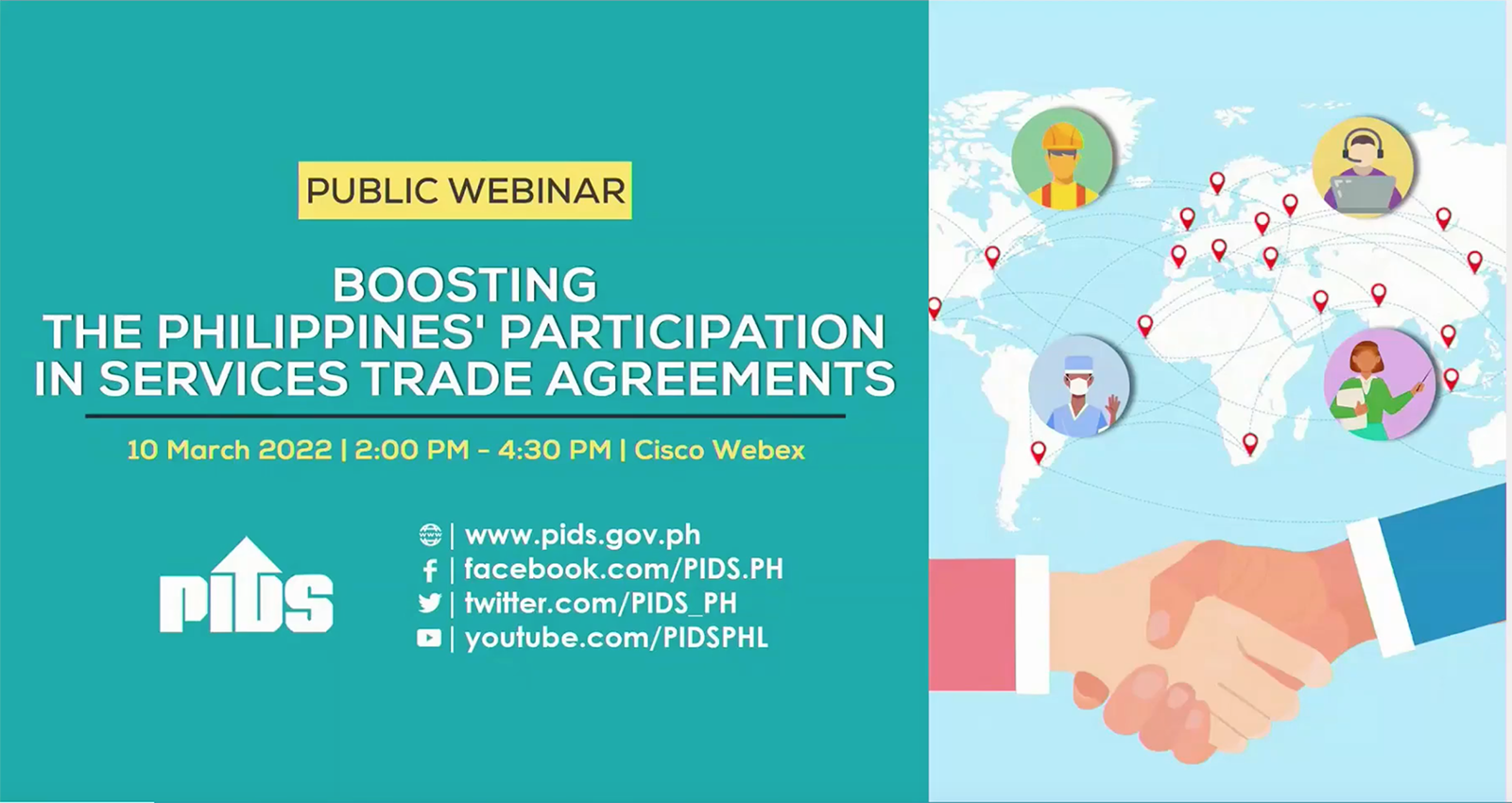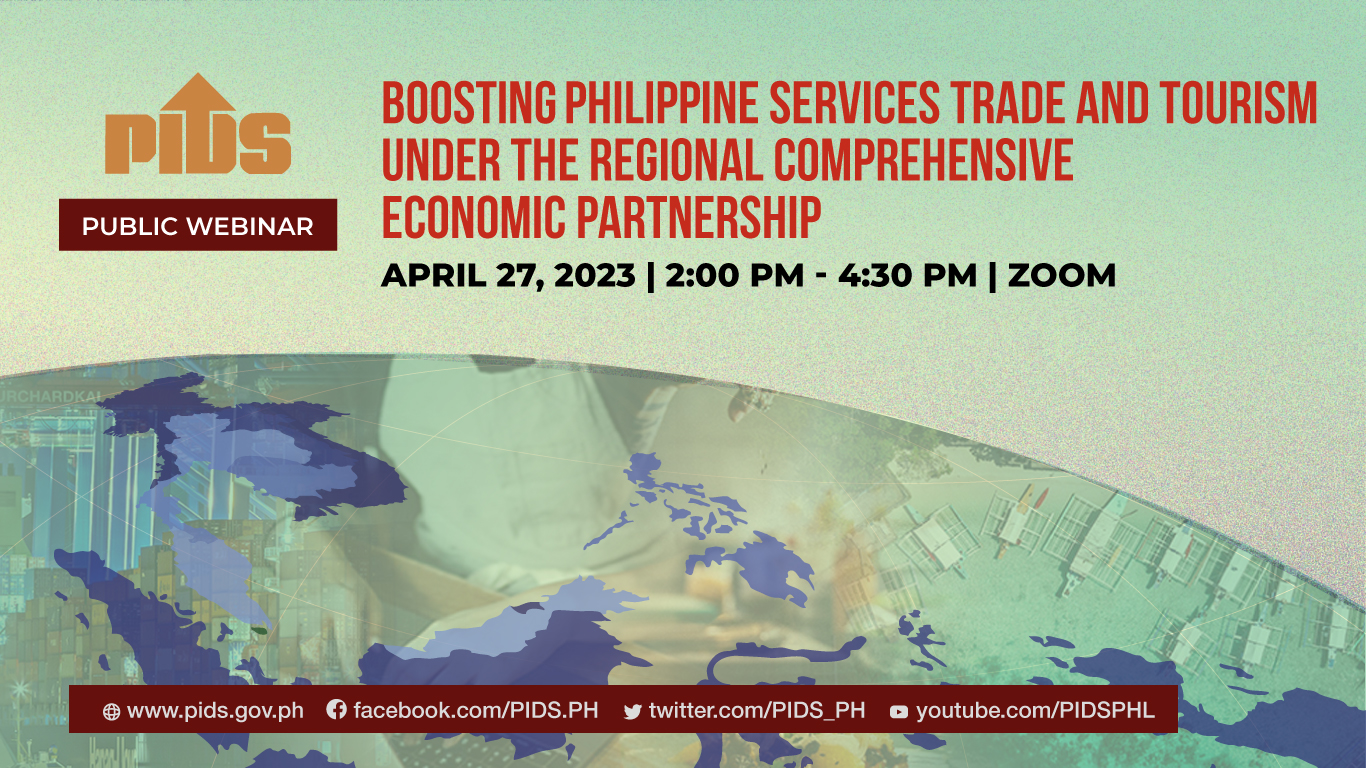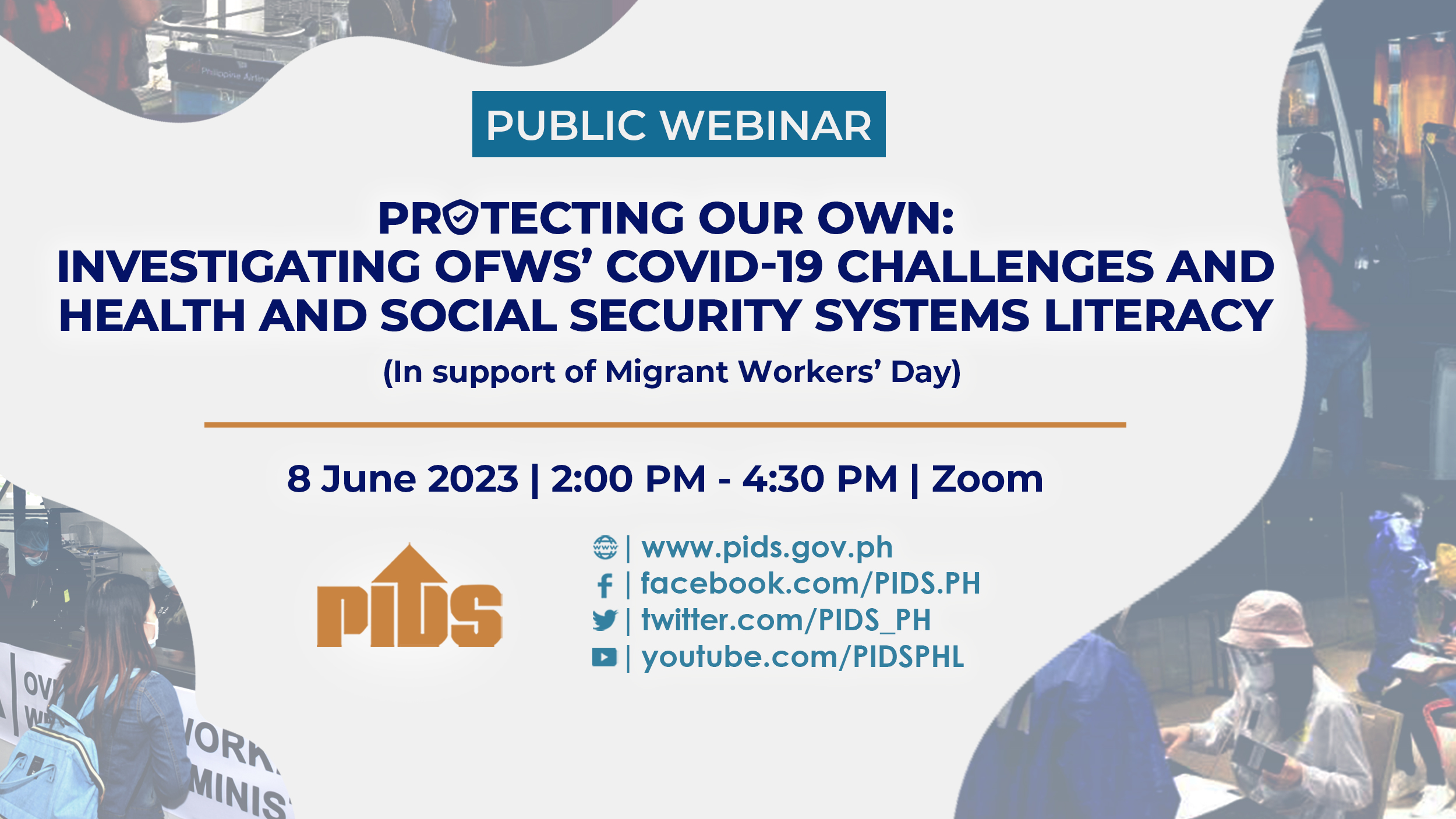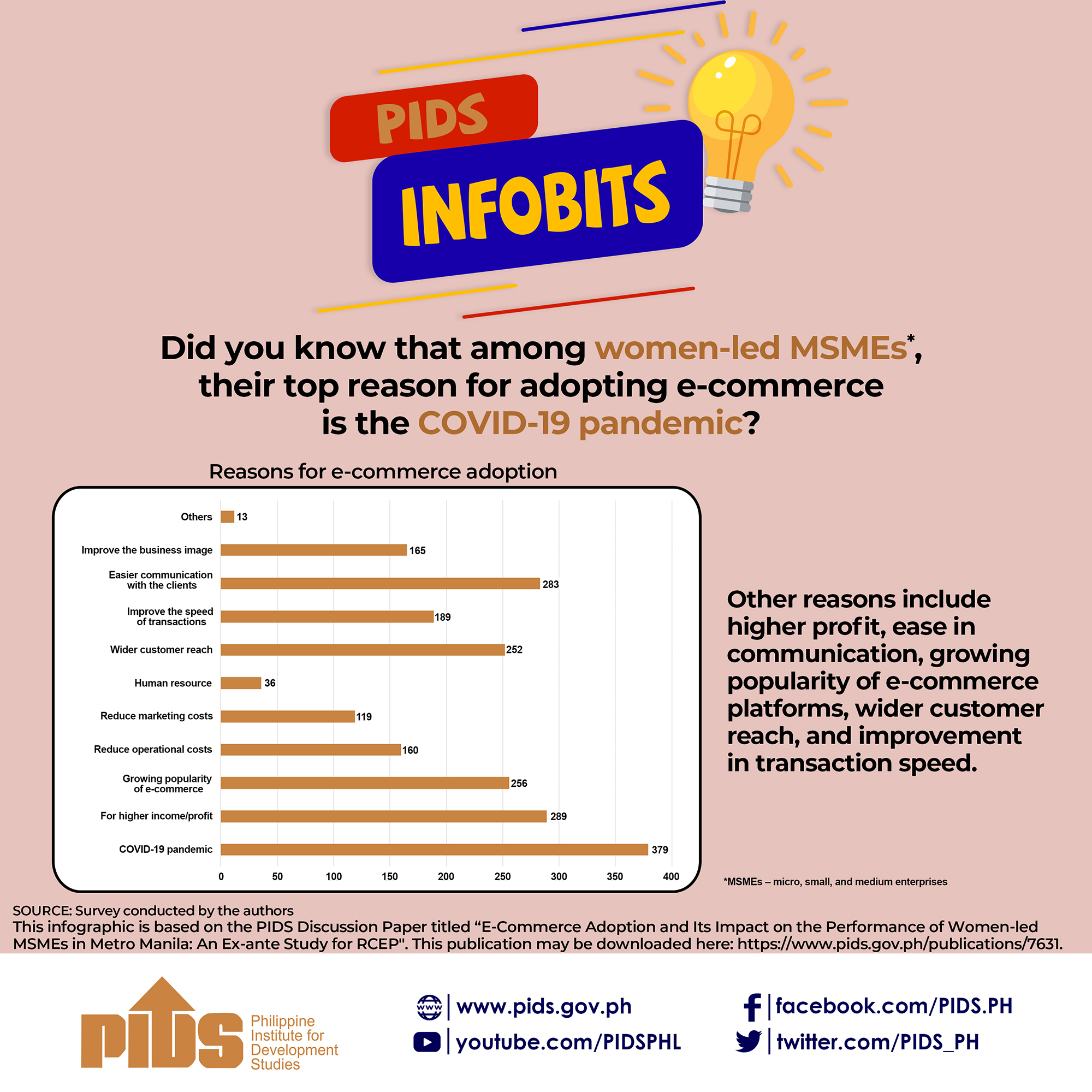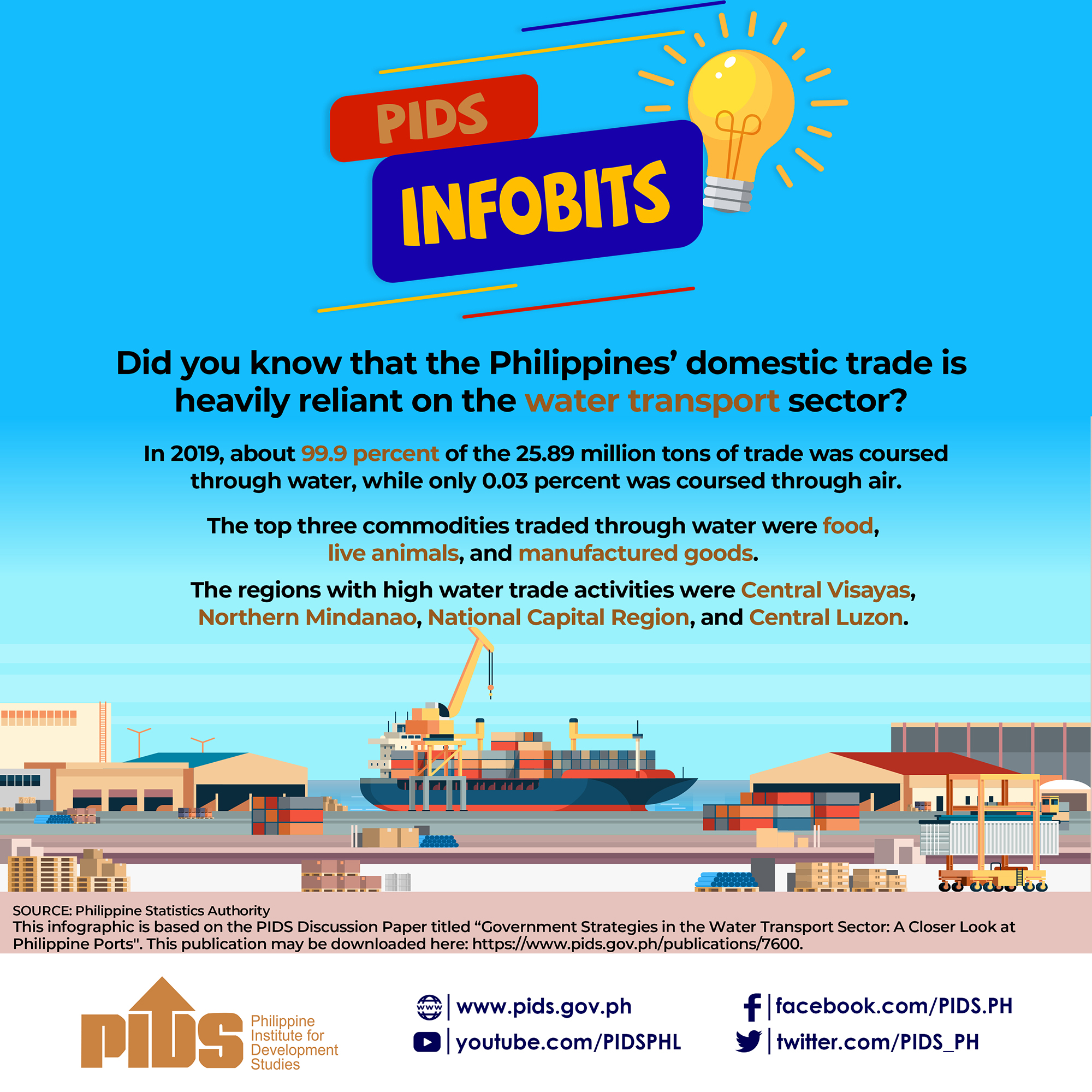MANILA, Philippines – The upcoming expiration of trade perks enjoyed by the Philippines from the European Union (EU) places both parties at their own crossroads – one that would test their own commitment to human rights and accountability.
First granted to the Philippines in 2014, the Generalized Scheme of Preferences Plus (GSP+) allows the duty-free entry of at least 6,200 Philippine products to Europe, aiding the competitiveness of the country’s exports in the European market. At the center of this scheme is the obligation to uphold human rights standards, including the implementation of at least 27 international conventions.
There is no denying anymore that the administration of President Ferdinand Marcos Jr. wants to continue enjoying trade perks granted by the EU. As early as October 2022, Marcos’ trade secretary Alfredo Pascual urged the country’s inclusion in the new scheme, citing “significant developments.” A separate Senate delegation even went to Brussels in Belgium, the seat of power of the EU, to meet with members of parliament.
But possibly crucial in the renewal process – which is expected to happen in 2024 – is Marcos deciding whether or not to go beyond rhetoric and concretely address the dire human rights situation in the country heavily damaged by his ally and father of his vice president, former president Rodrigo Duterte.
This means that it is also important for the EU to see that justice is given to victims of Duterte’s violent anti-illegal drug campaign, which tallied at least 6,252 killed in police operations alone by May 2022, according to government data. This number does not include those killed vigilante-style, which, to human rights groups, bring the estimated number of victims killed to between 27,000 and 30,000. This is more than four times official figures.
There have been no significant developments in relation to justice and accountability. Only a small number of convictions has been handed out, including the policemen involved in the killing of 17-year-old Kian delos Santos in 2017, and the deaths of Carl Angelo Arnaiz and Reynaldo “Kulot” de Guzman in 2023.
For Hannah Neumann, member of the EU Parliament and vice chair of its subcommittee on human rights, the current context in accountability efforts “doesn’t match at all.”
“The war on drugs and the huge amount of killings, we’re talking of at least 6,000, really tarnished the reputation of the Philippines,” she said in a Rappler Talk interview on February 24.
“To restart the positive international reputation of [the country], this has to be dealt with in a credible way,” Neumann added.
Neumann led the delegation of EU lawmakers who were in the Philippines from February 22 to 24 and met with several government officials, including their counterparts in Congress and justice officials. In a press release published after their visit, the lawmakers said that they stressed to the Philippine government that rejoining the International Criminal Court (ICC), which EU member-states are part of, “would reinforce the government’s stated commitment to fighting impunity.”
The ICC pre-trial chamber recently authorized the resumption of an investigation into drug war killings since it was not convinced that the Philippines was undertaking significant probes. The Marcos administration rejected this move, falsely pointing out issues of jurisdiction. Duterte’s allies also filed resolutions urging their colleagues to declare “unequivocal defense” of the former president.
“I would encourage everyone, if you want to increase credibility of accountability and if you just want to support the Philippine justice system, just receive ICC with open arms as a helping hand,” Neumann said.
What following GSP+ conditions signals to the world
The issue surrounding the GSP+ is part and parcel of a wider discussion on the Philippines’ international trade relations, especially in the aftermath of the global pandemic that devastated economies, among others. Having the trade perk renewed sets a benchmark for how the world will see the country under Marcos.
“We view international trade as important because we want to expand income and employment opportunities especially for those working for our export industries,” Philip Tuaño, dean of the Ateneo School of Government, told Rappler in an interview on Monday, March 6.
The EU is the Philippines’ 4th largest trading partner. In 2021, it accounted for 7.9% of the country’s total trade after China, Japan, and the US. The Philippines, meanwhile, ranks 39th among the EU’s trade partners.
An assessment report published in 2020 and covering the period 2018-2019 says that the Philippines’ main exports to the EU that enjoy the GSP+ benefits are “relatively diversified” but were mostly composed of “portions of animal or vegetable oils and fats, electrical equipment, and foodstuffs.”
In 2018, at least 26% of the total exports to the EU enjoyed GSP+ preferences, but only 74% of the total products eligible for GSP+ used the trade perk.
Its importance is further highlighted by one Filipino lawmaker’s effort to cite farmers and fisherfolk – belonging to the country’s poorest sector – as being among those who need the trade perk. This, even if a July 2022 study of the Philippine Institute for Development Studies found that economic incentives of the scheme remain “largely spatially exclusive and limited,” with industries based mostly in Luzon gaining significantly.
Manila 6th District Representative Bienvenido “Benny” Abante Jr., chair of the House human rights committee, said that EU lawmakers “should not use the Philippines’ trade agreement as a card when it comes to human rights investigation.”
The conditions set by the EU on the GSP+ is pretty straightforward. A beneficiary country should “have to respect the principles of fifteen core conventions on human rights and labor rights listed in the GSP Regulation,” which include the International Covenant on Civil and Political Rights (ICCPR).
Article 6 of the ICCPR, which the Philippines signed in 1966 and ratified in October 1986, explicitly states that: “Every human being has the inherent right to life… this right shall be protected by law. No one shall be arbitrarily deprived of his life.”
For Tuaño, it has become normal to “accede in a sense to norms of trading of the importing countries,” which in the case of the EU is commitment to human rights and labor conditions. But more importantly, passing this litmus test will not only increase trade in the country, but also encourage more investments, tourism, and other bilateral economic relations.
“The conditions imposed are also generally the values of a democratic country so if the Philippines wants to be accepted in the international community as a country that recognizes the importance of fair, transparent, democratic rules, and being concerned about marginalized households and the agriculture sector, I think it’s worth trying to ensure that we meet these conditions,” Tuaño said.
“We hope that the Philippines continues to see these GSP+ in a positive light as something that can also help not only improve employment and income, but also improve social and political standards in the country,” he added.
EU lawmaker Neumann said that European companies often look into the justice system in a country in making decisions on whether or not to invest, especially since they don’t want to be associated with corruption, among other issues.
“This is why delivering fair and speedy justice is a good service to Filipino citizens, and it would also be key to make sure that the agenda of the economic goals the president has will clearly work out,” Neumann added.

